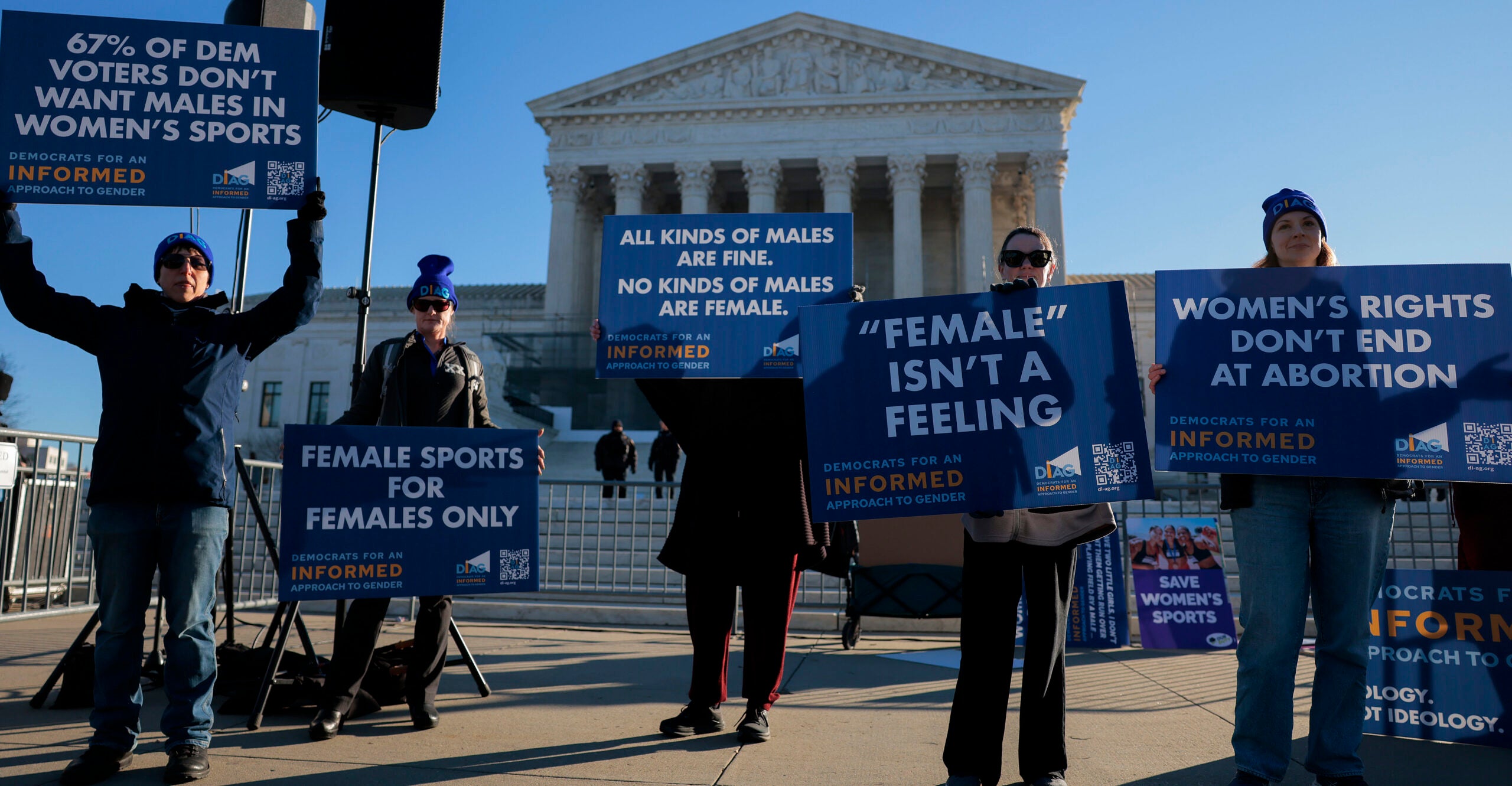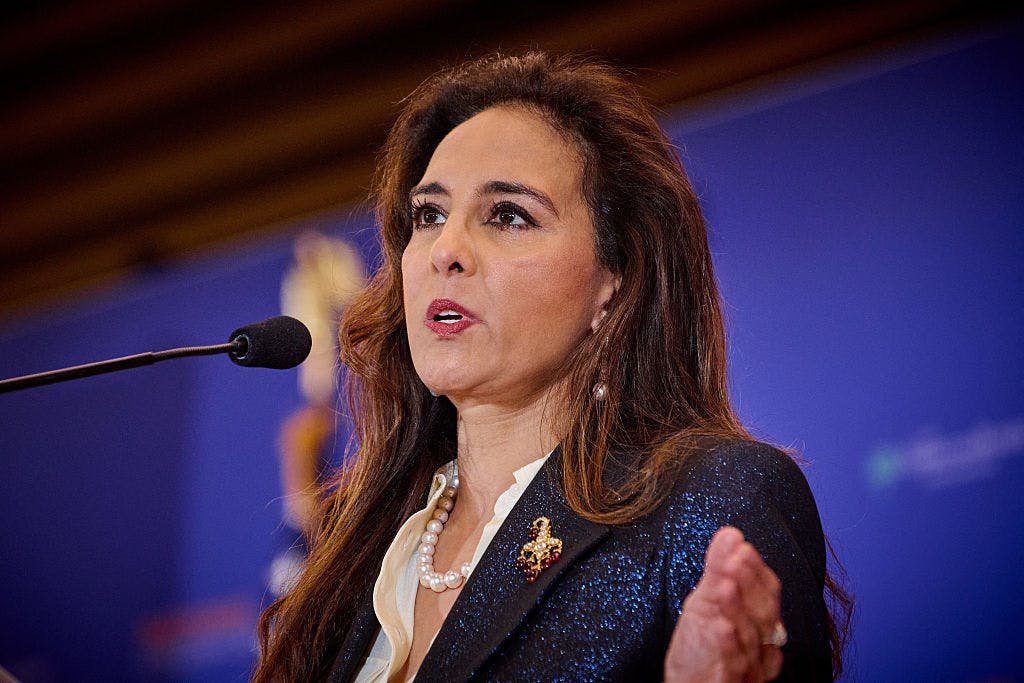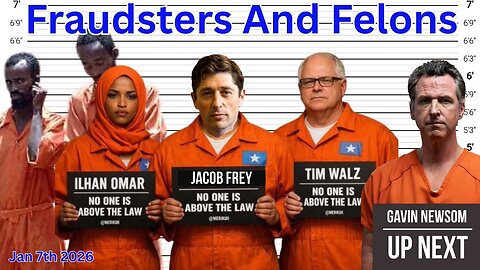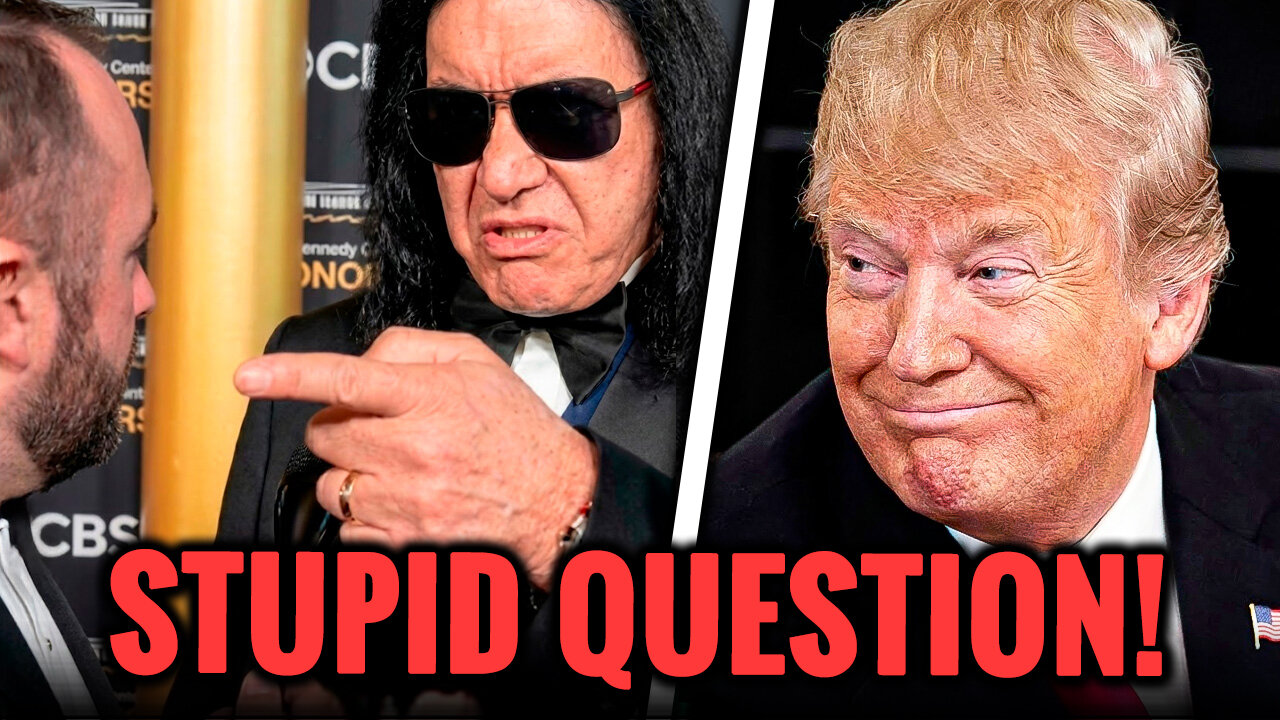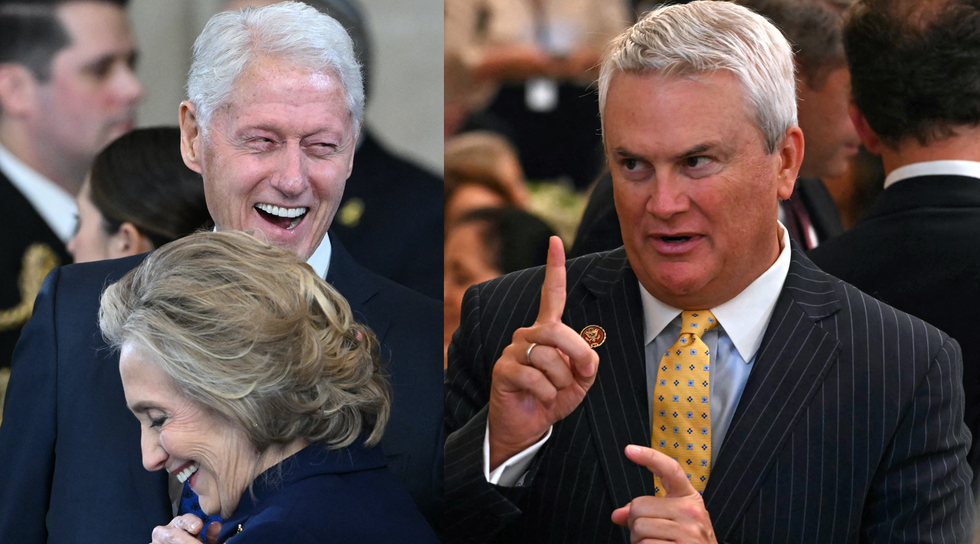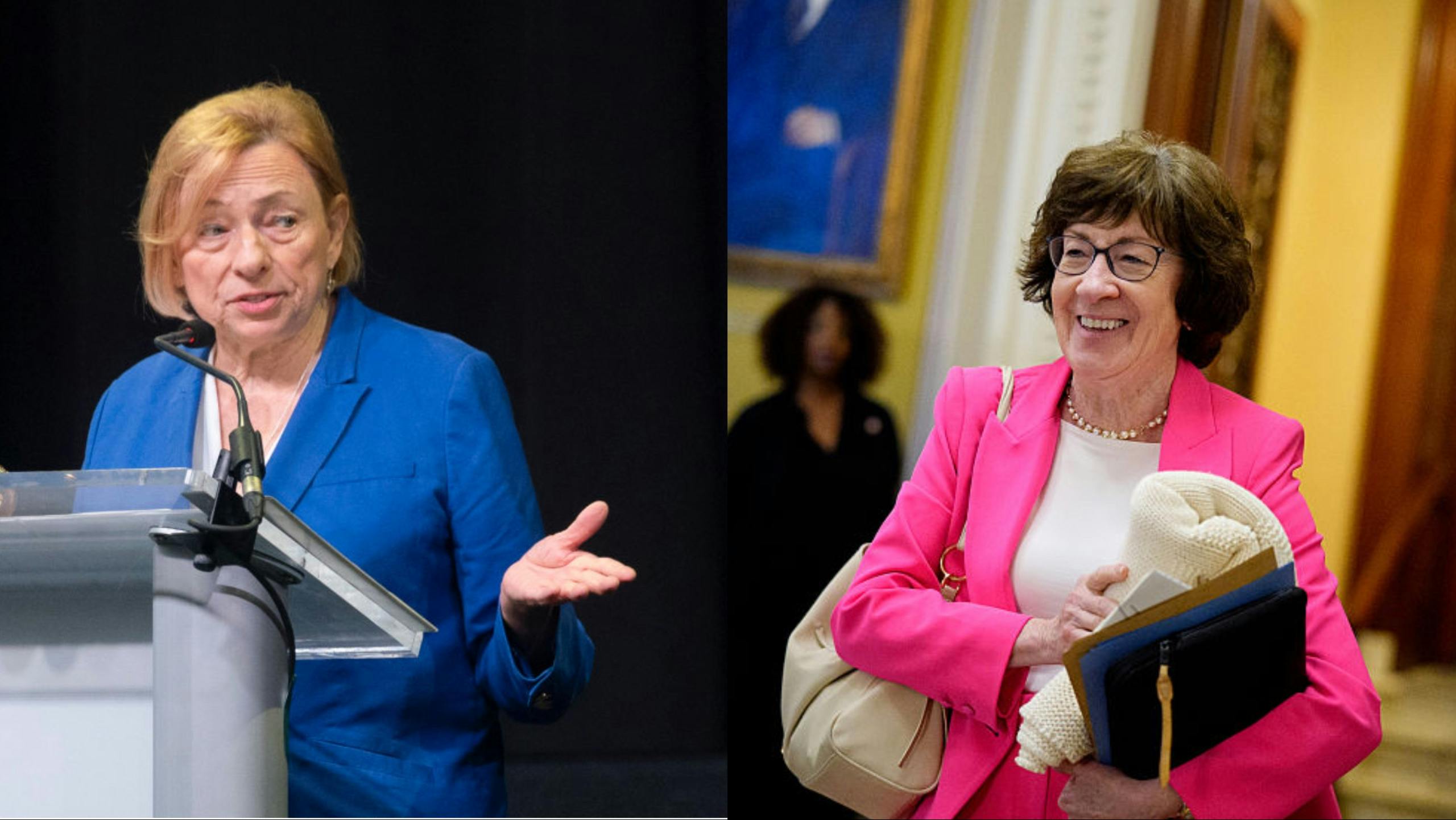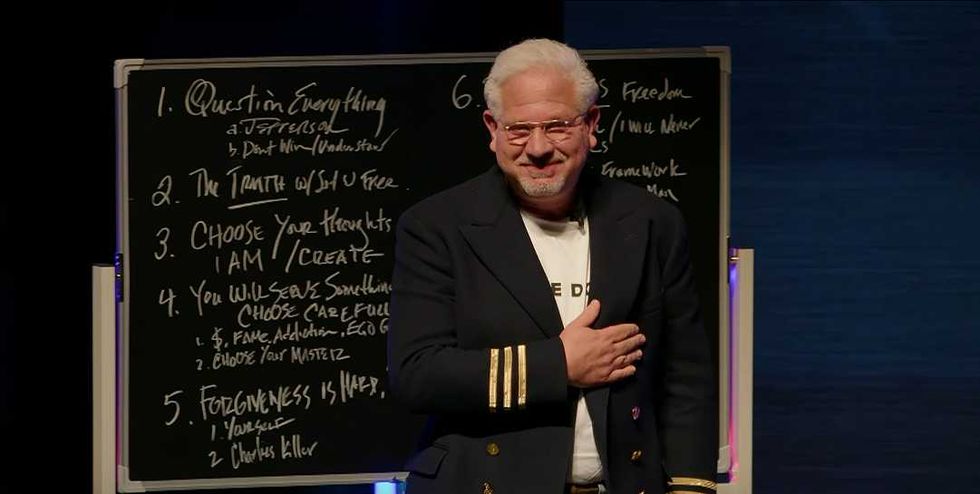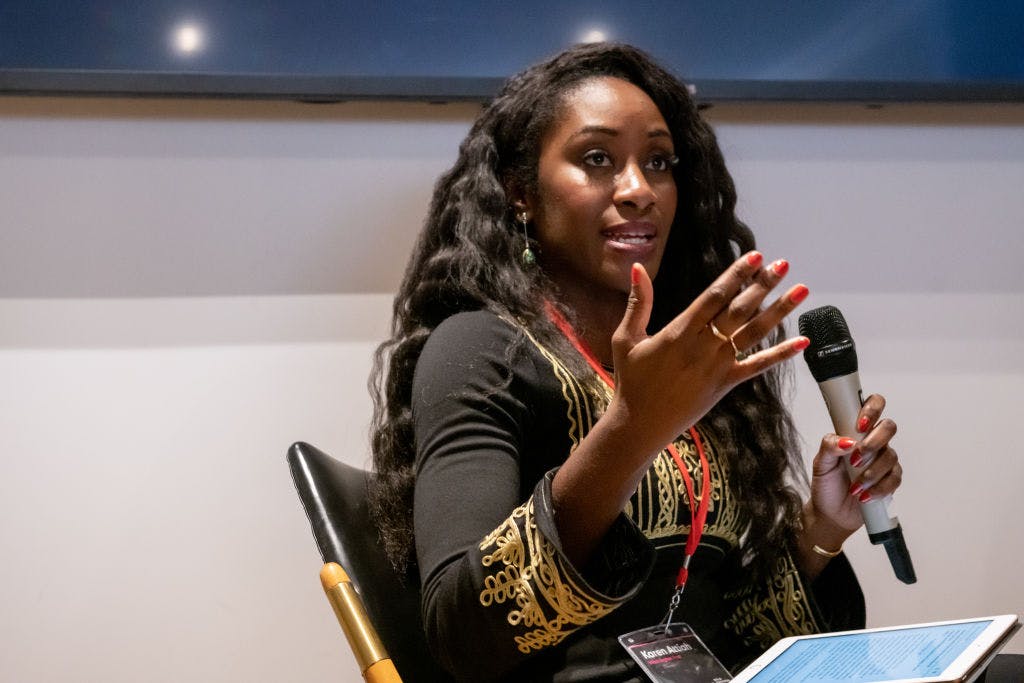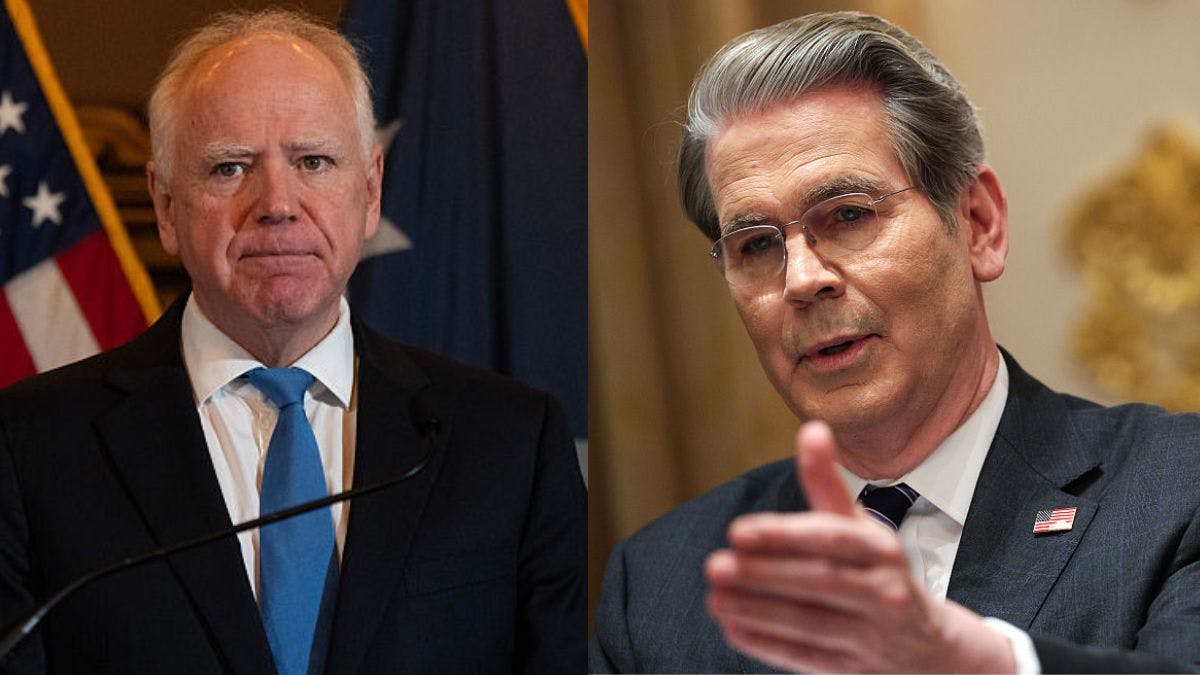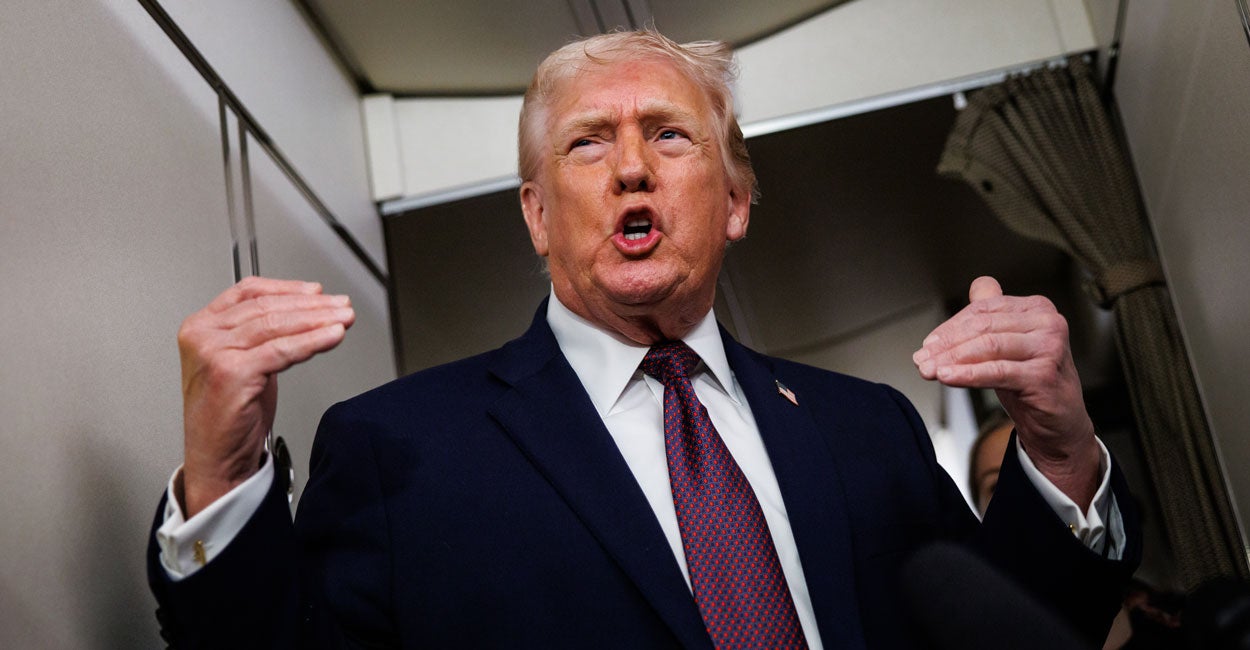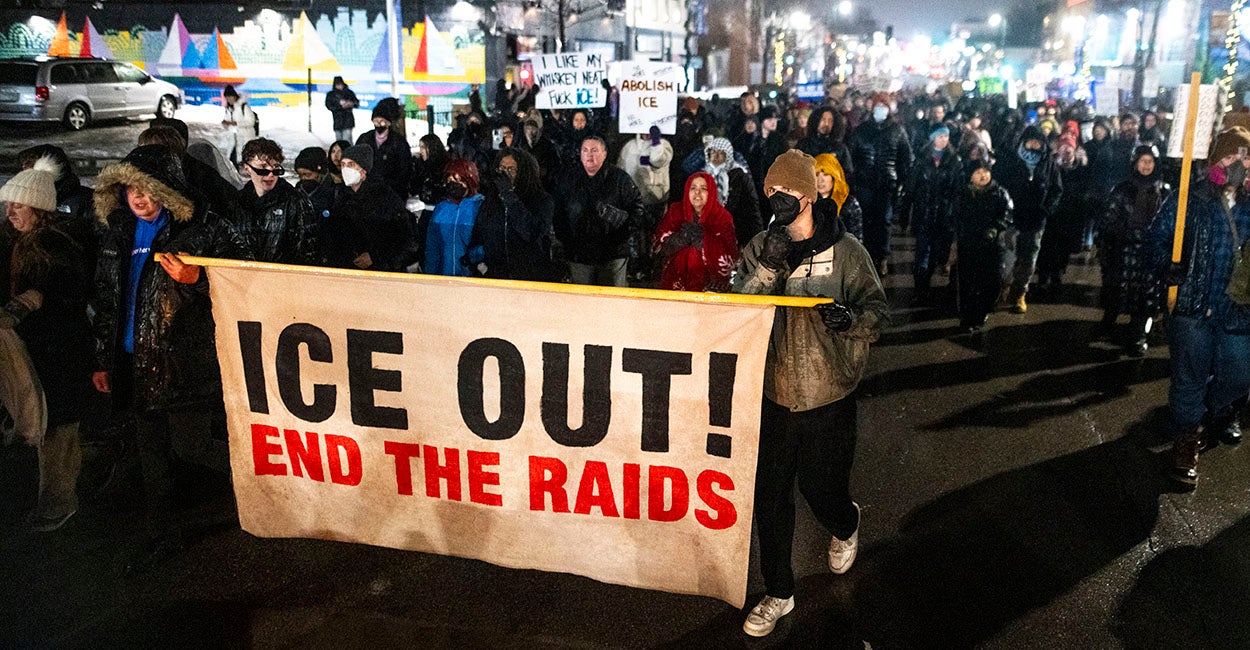Appeals court's decision in Trump's birthright citizenship case sets up HISTORIC battle before Supreme Court
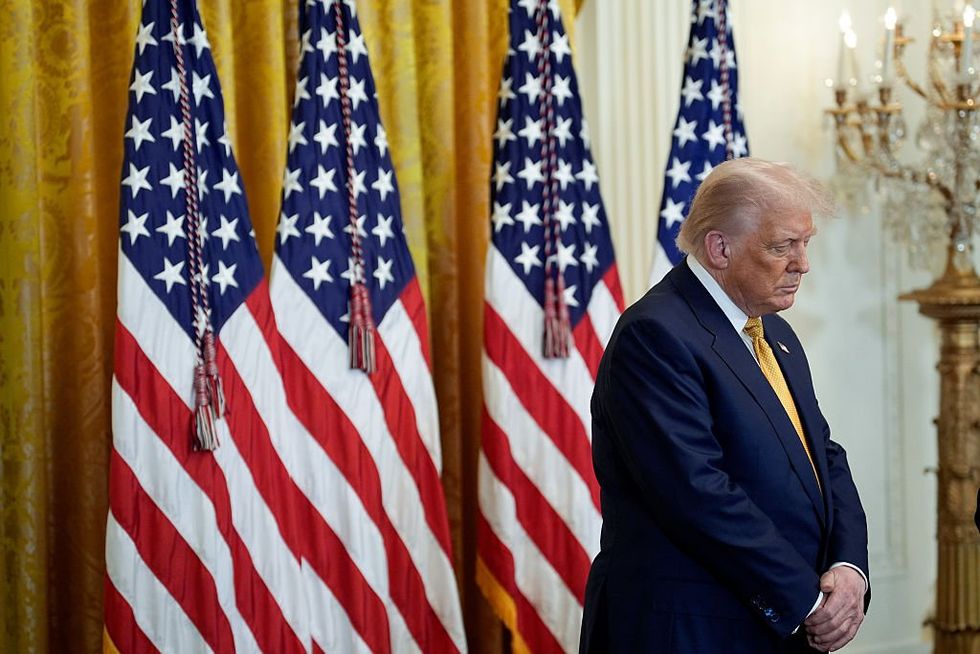
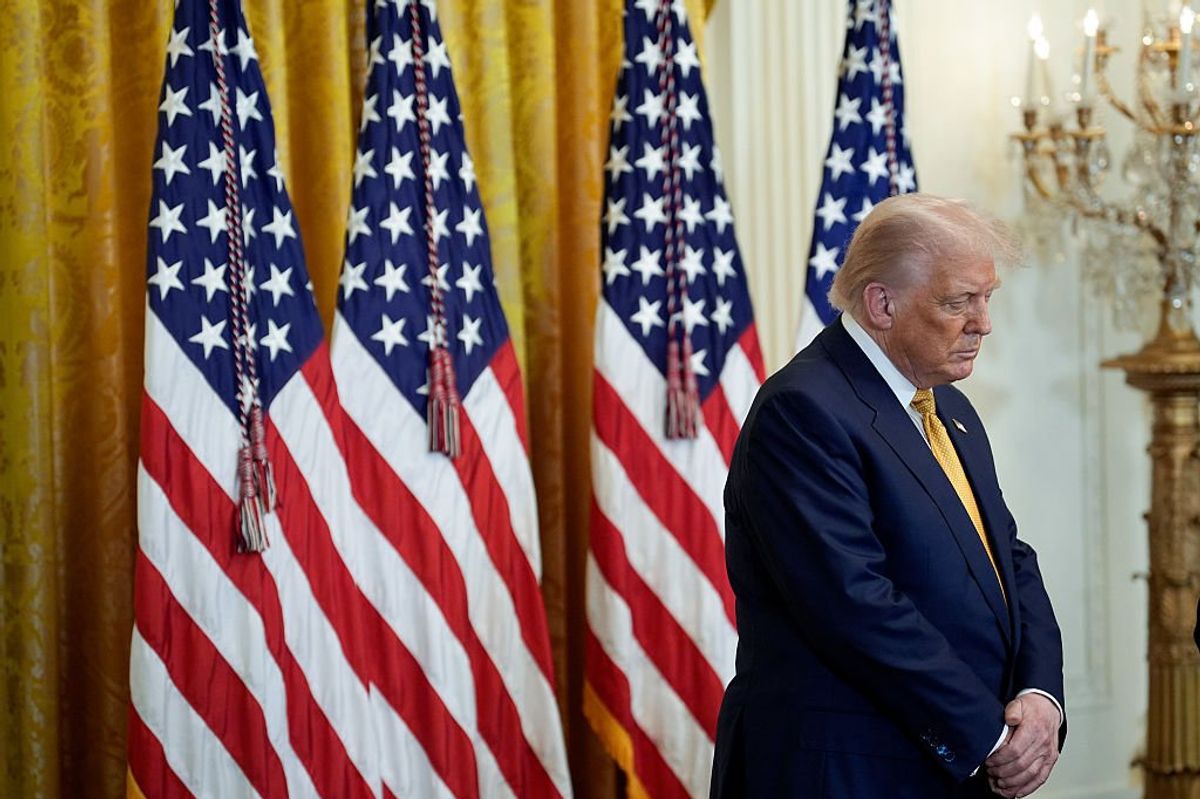
President Donald Trump signed an executive order on his first day back in office titled "Protecting the Meaning and Value of American Citizenship." The order, which was set to go into effect on July 27, made it U.S. policy not to issue citizenship documents to a person whose mother was unlawfully in the country and whose father was neither an American citizen nor a permanent resident at the time of the person's birth.
Live Your Best Retirement
Fun • Funds • Fitness • Freedom
Liberals, apparently content to cheapen citizenship by dealing it out wholesale to children born to noncitizens on American soil, filed numerous legal challenges to prevent Trump from making good on his campaign promise to end birthright citizenship.
The challengers have won the various legal battles fought to date; however, the outcome of the war over this hot-button issue will likely be decided by the U.S. Supreme Court in short order owing to the 9th Circuit Court of Appeals' Wednesday ruling, which upheld a nationwide pause on the enforcement of the policy.
'This is still at a preliminary stage — not a ruling yet on the merits.'
On Jan. 21, the states of Arizona, Illinois, Oregon, and Washington filed a lawsuit in the U.S District Court for the Western District of Washington claiming that the executive order violates the 14th Amendment of the U.S. Constitution and the Immigration and Nationality Act. The complaint advanced by Democratic state attorneys general suggested further that Trump lacks the authority to determine who should and should not be granted American citizenship at birth.
In a move of the kind that the U.S. Supreme Court would later claim likely exceeds the equitable authority given to federal courts by Congress, Seattle-based U.S. District Judge John Coughenour granted a universal injunction, blocking the law's implementation.
A three-judge panel of the 9th Circuit Appeals Court ruled 2-1 on Wednesday to keep in place Coughenour's injunction.
The two judges in the 9th Circuit majority were both appointed by Bill Clinton. The lone dissenting judge was a Trump appointee who said the states had no legal right to bring the case.
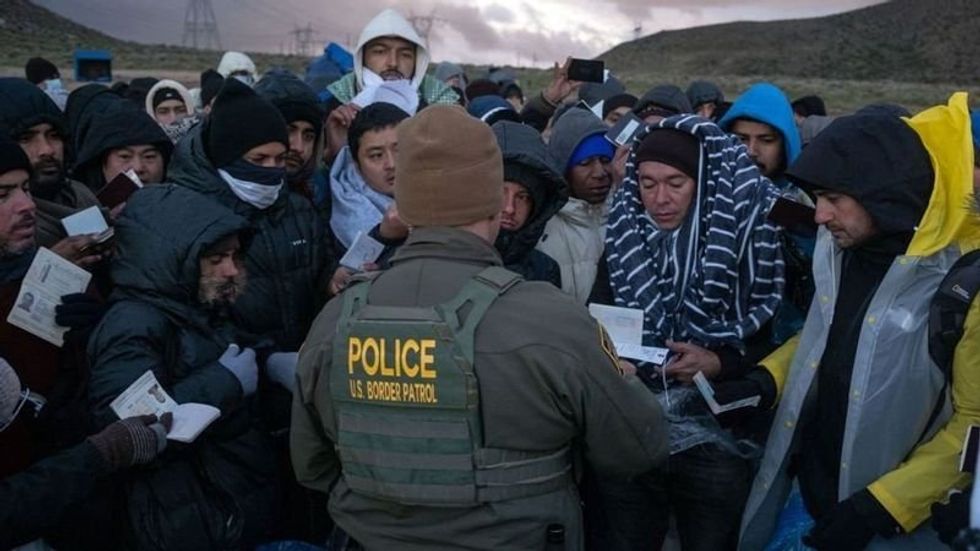 Photo by GUILLERMO ARIAS/AFP via Getty Images
Photo by GUILLERMO ARIAS/AFP via Getty Images
Ronald Gould, one of the Clinton judges, noted in the majority opinion, "We conclude that the Executive Order is invalid because it contradicts the plain language of the Fourteenth Amendment's grant of citizenship to 'all persons born in the United States and subject to the jurisdiction thereof.'''
Gould wrote further that the "district court did not abuse its discretion in issuing a universal injunction in order to give the States complete relief" and that the "universal preliminary injunction is necessary to give the States complete relief on their claims."
The appeals court declined to tackle the individual plaintiffs' claims as they are already covered by a class action in the case Barbara v. Trump.
On July 10, a U.S. district judge in New Hampshire granted class action status to a lawsuit brought by the American Civil Liberties Union challenging Trump's order, certifying the babies of illegal aliens and temporary migrants as a class.
Judge Joseph Laplante, a George W. Bush appointee, then issued a preliminary injunction in Barbara, temporarily shielding the supposed class from the order's enforcement.
Although Laplante paused his decision to allow for the Trump administration to appeal, absent such an appeal, his order has reportedly gone into effect.
Dr. John C. Eastman, founding director of the Claremont Institute's Center for Constitutional Jurisprudence, told Blaze News that "the 9th Circuit decision is still only a preliminary decision, affirming a nationwide preliminary injunction for the States, which it found to have standing. Both of those parts of the decision are somewhat in tension with the Supreme Court’s decision on June 27 in the CASA case, but not entirely foreclosed by it."
'Those born to parents who did not agree to abide by U.S. laws are not citizens.'
"I suspect we’ll see if a request for stay filed with the Supreme Court in short order," continued Eastman. "But again, this is still at a preliminary stage — not a ruling yet on the merits, only on the 'likelihood' of the merits."
In contrast, Gerald L. Neuman, the J. Sinclair Armstrong professor of international, foreign, and comparative law at Harvard Law School, suggested the 9th Circuit Court's ruling "is clearly correct."
"As the opinion explained, the meaning of the Citizenship Clause is well-settled, and Congress shared that understanding when it adopted the INA in 1952," Neuman told Blaze News. "The dissenting judge on the panel did not disagree with this conclusion on the merits of the case, but raised procedural objections to the court’s ability to make its decision in the case before it."
Should the Supreme Court rule in the challengers' favor, Neuman indicated it "might base its decision directly on the constitutional provision, or on the statute, or on both."
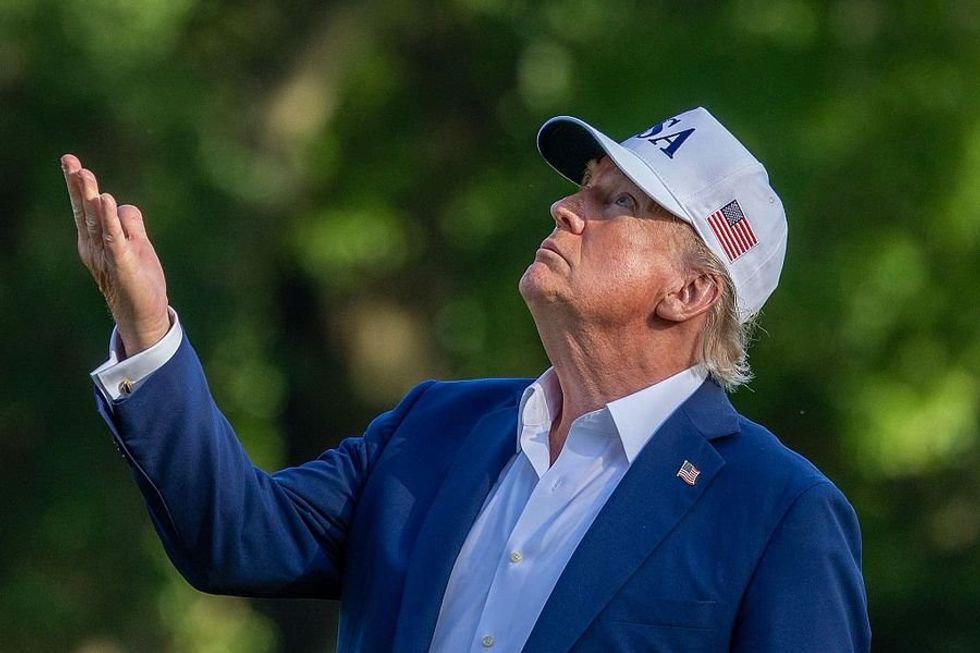 Photo by Tasos Katopodis/Getty Images
Photo by Tasos Katopodis/Getty Images
When asked about the significance of this case, law professor Gregory Germain of the Syracuse University College of Law told Blaze News, "I doubt that any of these lower court cases will be significant because I believe the Supreme Court will ultimately take the case and settle the question."
"I disagree with the 9th Circuit that the 14th Amendment's citizenship clause is clear on its face," said Germain. "The clause on its face contains a limitation on birthright citizenship, requiring that the child be 'subject to the jurisdiction' of the U.S. Why was that language put in the Constitution if it was intended to be meaningless? So that language means something — the issue is what it means."
Germain noted that the Supreme Court held in the case U.S. v. Wong Kim Ark that:
children born to permanent residents were subject to the jurisdiction of the United States even though the parents were citizens of China. But the Court also held that children of foreign soldiers occupying U.S. land or diplomats (or Indians) were not "subject to the jurisdiction" and not citizens. So the Court recognized that there were some exceptions to birthright citizenship, but did not clearly define them.
The Syracuse University law professor opined that it would be "perfectly rational" to say that children born on American soil to parents who have agreed to abide by American laws are citizens but "those born to parents who did not agree to abide by U.S. laws are not citizens."
Germain said that would be "consistent with Ark, because the parents were permanent residents who agreed to abide by U.S. law to obtain that status, and would rationally distinguish foreign soldiers and diplomats (both of whom are subject to U.S. law in many circumstances, even though they never agreed to abide), but also illegal aliens."
By adopting this approach, German indicated that the Supreme Court would have to "split the baby, so to speak, on Trump's executive order": Kids born to foreign nationals who are legally in the country and who agreed in visa applications to abide by American law would qualify, but children of aliens illegally in the country would not qualify for citizenship.
Like Blaze News? Bypass the censors, sign up for our newsletters, and get stories like this direct to your inbox. Sign up here!
Originally Published at Daily Wire, Daily Signal, or The Blaze
What's Your Reaction?
 Like
0
Like
0
 Dislike
0
Dislike
0
 Love
0
Love
0
 Funny
0
Funny
0
 Angry
0
Angry
0
 Sad
0
Sad
0
 Wow
0
Wow
0
